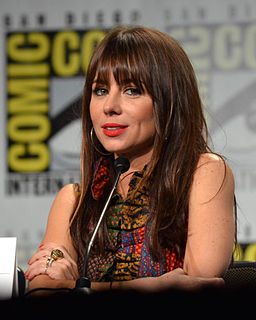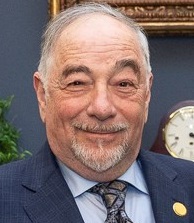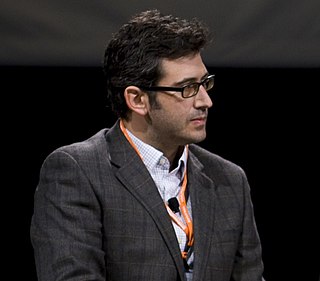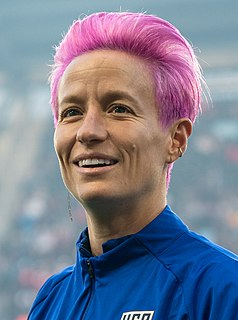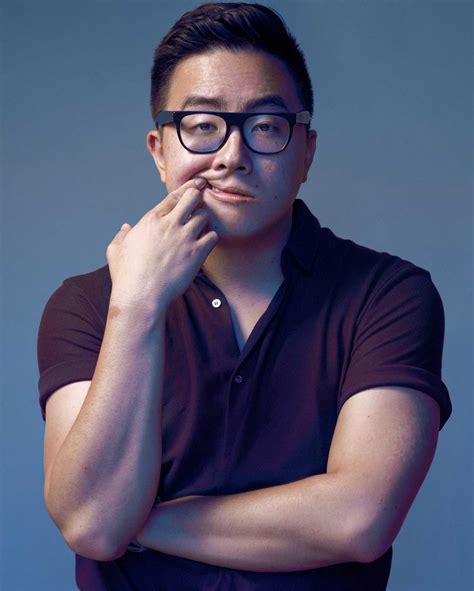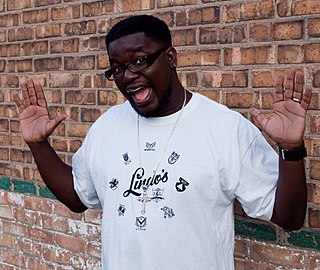A Quote by Natasha Leggero
Coming from the Midwest, I didn't know about stand-up as an art. I just thought stand-up comedians were old men in suits talking about their wives.
Related Quotes
I loved working in stand-up, and I always dreamed that I could make a movie about it. I didn't know if I would have the courage to, because if you make a bad movie about stand-up, then comedians will mock you for the rest of your life. They're still mad about movies made 25 years ago. But it was always a dream of mine, and I was glad I finally came up with an idea that allowed me to explore it in such a way that it's not all about stand-up, but stand-up creates a great backdrop for another type of story.
Stand-up is an art but since it's humor and it's funny - a lot of guys that don't think it's art are probably coming from the angle that they don't want to take it so seriously. I've always looked at it as an art but I don't look at it as a pretentious art. I understand it has to be taken lightly because it is just comedy in the end, but the good stand-up comics are someone with something to say.
I think it's kind of awkward when everyone knows you're gay but you don't say it. I had been thinking about coming out for almost a year before I did. I thought about it seriously on the plane ride home from the World Cup, while I was casually talking to my friend Lori Lindsey. She said, "Dude, you should just come out." She was right. Everyone in my life already knew. If you want to stand up and fight for equal rights but then won't even stand up for yourself and say "I'm gay" - that just started to feel weird.
The basic thing is to be humble, and pretend you're a bartender in the tavern of life. Don't get too comfortable and don't really listen to anybody else. Don't stand around with a bunch of writers and talk about writing. You know when you see plumbers at a plumbers convention, usually they're not talking about plumbing: they're talking about whatever it is that two men happen to talk about. They're talking about sports, their wives and children. I just tell my students, don't talk about writing too much, just go out and do it. Find out whatever you need to get to the mainland.
I'm not concerned about what [Donald Trump] says about me. That doesn't matter to me. I'm going to stand up for immigrants. I'm going to stand up for American Muslims who are working hard in this country that they love and consider their own. I'm going to stand up for other women. I'm going to stand up for the right to choose.
I'm glad that that era of stand-up is over, because I think it adversely affected a lot of people who could have been really, really great comedians. Because they unconsciously or subconsciously stifled their wild impulses, and were thinking about the five clean minutes for The Tonight Show, or the 20-minute sitcom pitch as a stand-up act.
